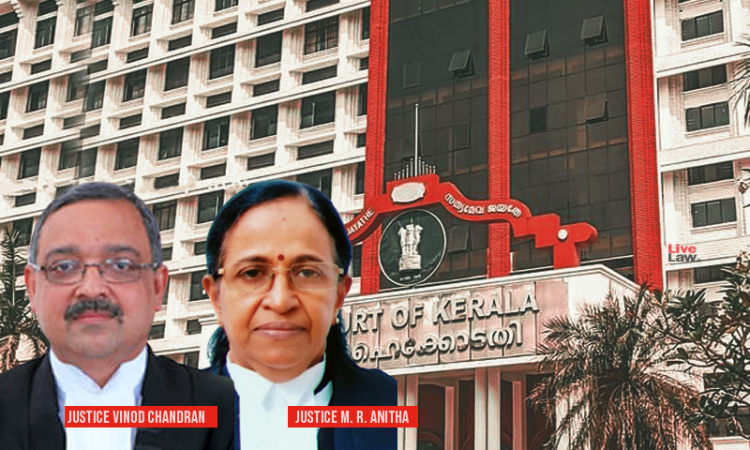'Incapable Of Taking A Decision For Herself' : Kerala High Court Dismisses Habeas Plea Of 'Spiritual Guru' For Release Of Woman From Parent's Custody
LIVELAW NEWS NETWORK
21 Jan 2021 8:18 PM IST

The HC distinguished the SC judgment in Hadiya case noting that the woman in the present case was of a vulnerable mental state.
Next Story


